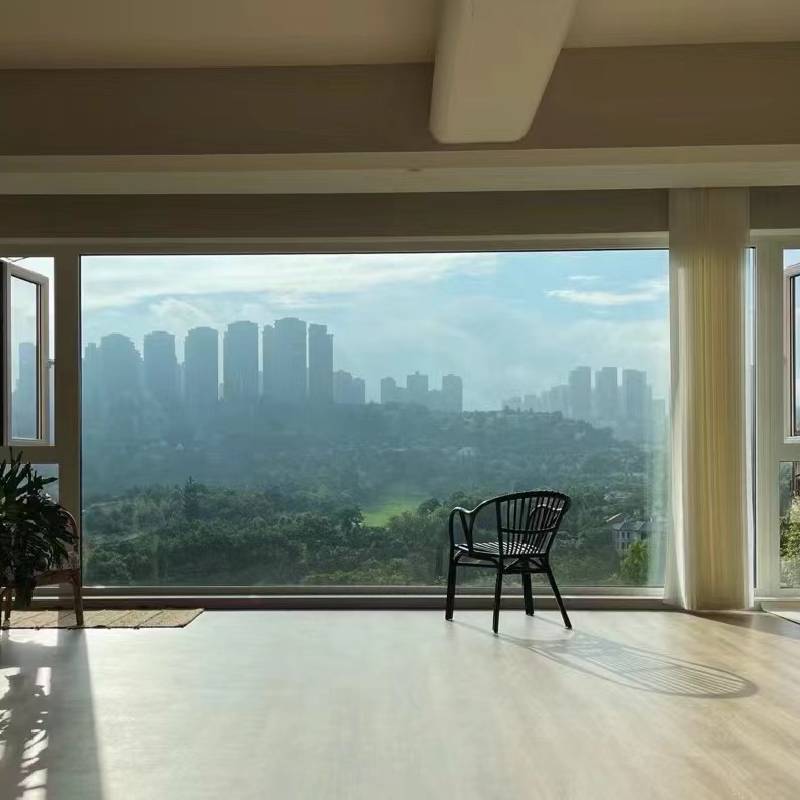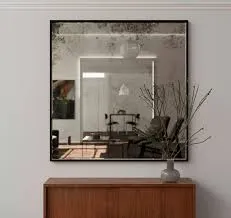Decorative glass has emerged as a versatile component in modern architecture and interior design, allowing for creativity and innovation in creating aesthetically pleasing spaces. This article explores the various types of decorative glass, presenting each with an emphasis on its applications, benefits, and distinctive features.

Frosted Glass provides privacy with style, made by sandblasting or acid etching clear sheet glass. This process results in a translucent effect, diffusing light and blurring images while still permitting natural illumination, making it ideal for office partitions, bathroom windows, or shower screens. Its ability to maintain privacy without sacrificing brightness makes frosted glass a popular choice in both commercial and residential spaces.
Stained Glass, rich in history and color,
is a classic decorative element. It involves colored pieces of glass assembled into intricate patterns, commonly in religious or historic buildings. Today, its use extends beyond traditional settings, being integrated into window panes, doors, and even modern art installations. Stained glass adds a touch of elegance and artistry, transforming simple spaces into vibrant works of art.

Beveled Glass is known for its sleek and polished edges, reflecting and refracting light in numerous angles, creating a spectrum of colors. It is used extensively in decorative mirrors, tabletops, and windows, adding an extra layer of dimension to any space. Its ability to play with light naturally enhances interior aesthetics, making it a favorite among designers aiming for a sophisticated visual impact.
Etched Glass involves carving designs onto the glass surface, offering a wide range of design possibilities from intricate patterns to logos and artwork. This type often serves in applications requiring a personalized touch, such as corporate settings, where branding can subtly be incorporated into glass partition walls or doors. Its durability and customization capabilities make it an excellent choice for businesses looking to enhance both functionality and style.
types of decorative glass
Tinted Glass borrows its aesthetic value from the practicality of controlling sunlight exposure. Available in a variety of colors, tinted glass reduces glare and contributes to energy efficiency by limiting heat transfer, a significant factor in large buildings with extensive glazing. Besides, it offers increased privacy while adding a dramatic or subtle hue, depending on the chosen tint, to interiors or facades.
Patterned Glass combines texture with functionality. Manufactured with either rolled or cast techniques, the surface features distinctive patterns that can be both visually stunning and practical, such as obscuring visibility for privacy or adding a tactile element to otherwise flat surfaces. Patterned glass is particularly effective in bathrooms, doors, and decorative windows, providing an artistic touch without overwhelming the existing architectural style.
Mirrored Glass offers functionality beyond basic reflection. This type of glass not only serves in traditional mirrors but is also used in areas where visual space maximization is desired. It creates an illusion of larger rooms, making it a strategic choice for small apartments or confined spaces. Additionally, mirrored glass is utilized in smart mirrors and technological displays, illustrating its versatility beyond mere decoration.
Liquid Crystal Glass, also known as smart glass, adapts to contemporary technological trends, with its ability to switch between transparent and opaque states, controlled electronically. It finds application in high-tech offices and luxury homes, enhancing privacy with a simple switch flick. Its modern appeal and energy efficiency benefits highlight its growing popularity and demand in cutting-edge architectural projects.
Decorative glass not only enhances aesthetic appeal but also provides practical benefits such as energy efficiency and privacy. As materials and technology evolve, the applications of decorative glass continue to expand, reflecting innovation and creativity. A trusted choice for designers and architects, each type of decorative glass contributes uniquely to the form and function of modern spaces, underscoring its vital role in both aesthetic and practical realms.



